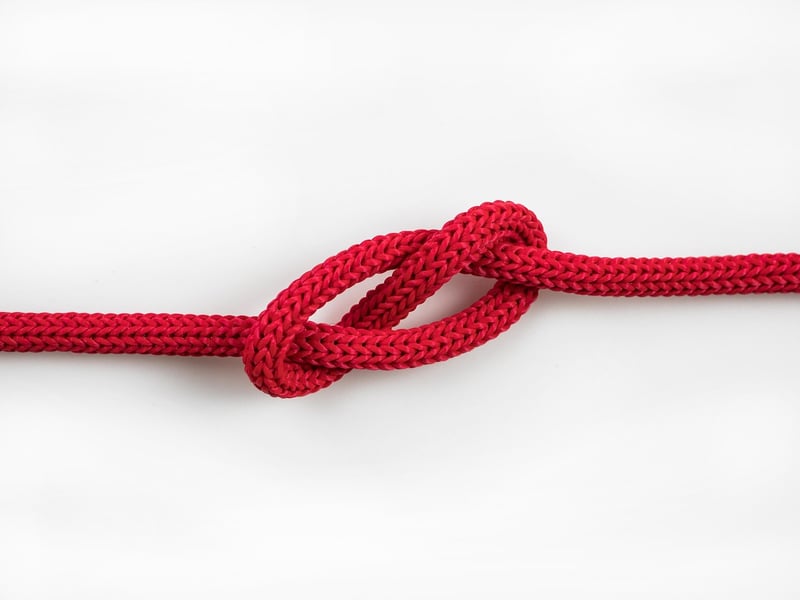Causality Loops
Avoiding Time Crises and Causality Loops
Time travel has long fascinated humans, inspiring countless stories and theories about its possibilities. While it remains a subject of science fiction, the concept of time travel raises intriguing questions about causality, paradoxes, and the nature of reality. In this article, we explore how to avoid time crises and causality loops when dealing with the theoretical aspects of time travel.
Understanding Time Crises
Time crises occur when events in the past are altered in a way that contradicts the established timeline, leading to paradoxes and inconsistencies. One famous example is the grandfather paradox, where a time traveler prevents their grandfather from meeting their grandmother, thus preventing their own existence. To avoid such crises, it's essential to consider the implications of any actions taken in the past and their potential ripple effects on the future.
Strategies to Avoid Time Crises:
- Adopt a "no interference" policy: To prevent unintended consequences, refrain from altering significant historical events.
- Follow the Novikov self-consistency principle: This theory suggests that any actions taken in the past were always part of the timeline and cannot be changed.
- Use caution with information from the future: Revealing future knowledge to individuals in the past can disrupt the natural flow of events.
Causality Loops and Paradoxes
Causality loops, also known as bootstrap paradoxes, occur when an event is its own cause, creating a loop with no clear origin. This type of paradox challenges the notion of cause and effect, blurring the line between past, present, and future. To avoid getting trapped in a causality loop, it's crucial to understand the implications of information and objects traveling through time.
Preventing Causality Loops:
- Maintain consistency in the timeline: Ensure that objects or information brought from the future have a logical origin in the past.
- Avoid creating closed causal loops: Strive to break the loop by introducing new elements or altering the timeline's course.
- Consider the consequences of time manipulation: Think critically about the potential outcomes of any changes made to the past or future.
By understanding the risks associated with time travel, including time crises and causality loops, we can appreciate the complexities of temporal mechanics and the fragility of cause-and-effect relationships. While the concept of time travel may remain theoretical, exploring these ideas can deepen our understanding of the universe and our place within it.

For further reading on time travel theories and paradoxes, check out Space.com's article on time travel.
